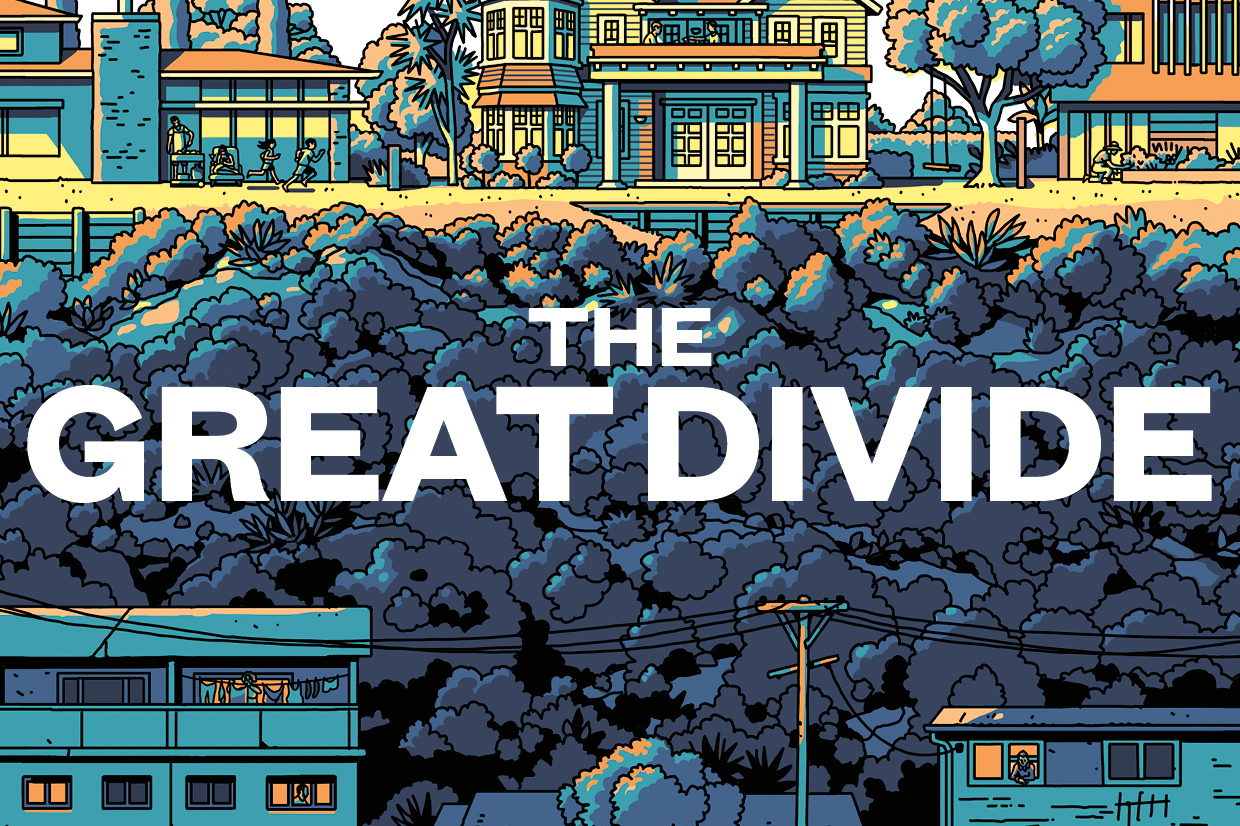Zardnaar
Deity
It's worse here. Least affordable housing in OECD

 northandsouth.co.nz
northandsouth.co.nz
And it's been a crisis for almost a decade. It was an election issue 2017.
This isn't the first time I've talked about it but that article explains it better than I do. It also references immigration.
It's been building since 1991 when they poured gasoline on the embers that date from around 1988. NZ had the highest immigration rate per Capita in OECD. If you think your country has high immigration double or triple it.
Net result is social housing stock is less than 1991 while the population surged 25% in 17 years. Prices started going crazy when immigration numbers started rising.
Article also notes that Labour (left wing) generally builds houses while National sells them. National is also pro migration while Labour is willing to restrict it. Note even if they cut vusas in hhal that only brings new arrivals down to levels similar to other relatively migration friendly members of the OECD.
Also point out there's no capital gain tax here.
Anecdotally as a kid our rent didn't increase from 1988-97 it was NZ $90 for a three bedroom house. We moved 1998 to a better house $100 a week.
That's a 3 bedroom house for $45-$60 a week depending on exchange rates. My friends rent in the city 1996 was $40 a week for a room (student allowance $150 NZD). 1998 a two bedroom granny flat 1/4 acre section sold for $14k nzd in my hometown. That's around $7k-9k usd. It was next door to our $100 a week house. My friends dad was a corporate type on 70k a year (1996). They had a flash house $150 ($75-85 usd) a week in rent.
Australia, Canada, UK, USA are going down this road now we just started earlier and went harder. Prices are starting to fall now due to interest rates going up. House prices doubled in 7 years.
Before you claim Zards off his rocker about immigrants try reading the article. Unlike USA it's not really racial here it doesn't matter where they're from and our rates per Capita were double or triple your countries. Migration here is also skill based so illegal immigrants, refugees etc are not a problem in any serious capacity. You get the occasional overstayer that does a runner.
Also note Zard lives in the cheap part of the country house 100 meters up the road went for around $500k usd at the height of the craziness. In a "working class" suburb in our cheapest city. NZ dollar has gone down since then and prices are currently falling.
So perfect storm of demand via migration meeting a hands off approach and cheap debt and tax free capital gains.

The Great Divide - North & South Magazine
New Zealand has transformed from a home-owning democracy into a society fractured by property wealth. How did it happen — and what is it doing to us? By Rebecca Macfie
 northandsouth.co.nz
northandsouth.co.nz
And it's been a crisis for almost a decade. It was an election issue 2017.
This isn't the first time I've talked about it but that article explains it better than I do. It also references immigration.
It's been building since 1991 when they poured gasoline on the embers that date from around 1988. NZ had the highest immigration rate per Capita in OECD. If you think your country has high immigration double or triple it.
Net result is social housing stock is less than 1991 while the population surged 25% in 17 years. Prices started going crazy when immigration numbers started rising.
Article also notes that Labour (left wing) generally builds houses while National sells them. National is also pro migration while Labour is willing to restrict it. Note even if they cut vusas in hhal that only brings new arrivals down to levels similar to other relatively migration friendly members of the OECD.
Also point out there's no capital gain tax here.
Anecdotally as a kid our rent didn't increase from 1988-97 it was NZ $90 for a three bedroom house. We moved 1998 to a better house $100 a week.
That's a 3 bedroom house for $45-$60 a week depending on exchange rates. My friends rent in the city 1996 was $40 a week for a room (student allowance $150 NZD). 1998 a two bedroom granny flat 1/4 acre section sold for $14k nzd in my hometown. That's around $7k-9k usd. It was next door to our $100 a week house. My friends dad was a corporate type on 70k a year (1996). They had a flash house $150 ($75-85 usd) a week in rent.
Australia, Canada, UK, USA are going down this road now we just started earlier and went harder. Prices are starting to fall now due to interest rates going up. House prices doubled in 7 years.
Before you claim Zards off his rocker about immigrants try reading the article. Unlike USA it's not really racial here it doesn't matter where they're from and our rates per Capita were double or triple your countries. Migration here is also skill based so illegal immigrants, refugees etc are not a problem in any serious capacity. You get the occasional overstayer that does a runner.
Also note Zard lives in the cheap part of the country house 100 meters up the road went for around $500k usd at the height of the craziness. In a "working class" suburb in our cheapest city. NZ dollar has gone down since then and prices are currently falling.
So perfect storm of demand via migration meeting a hands off approach and cheap debt and tax free capital gains.
Last edited:

